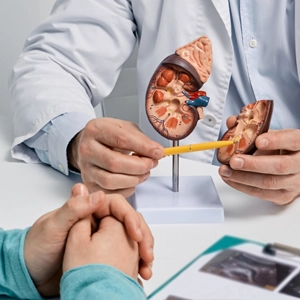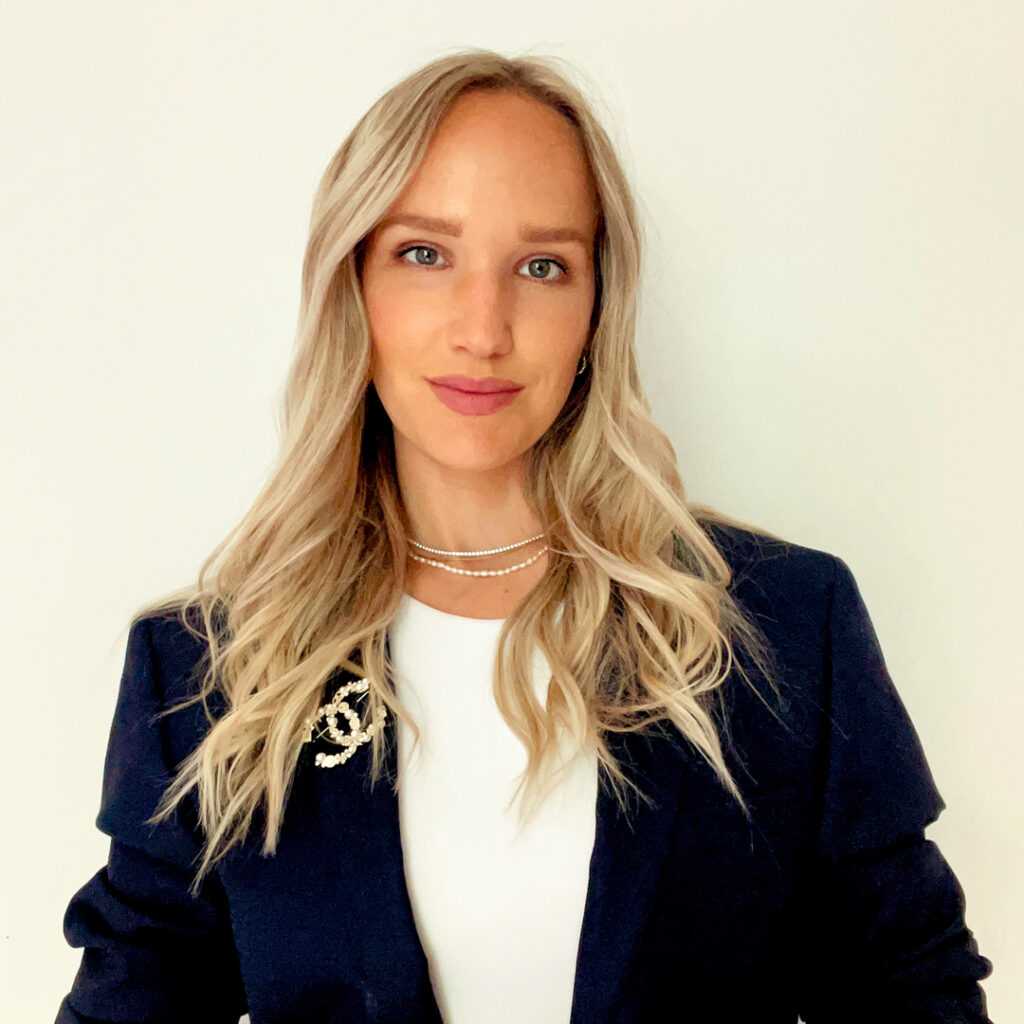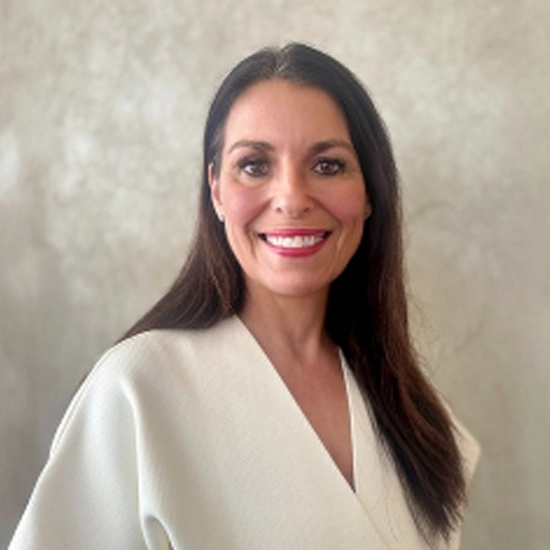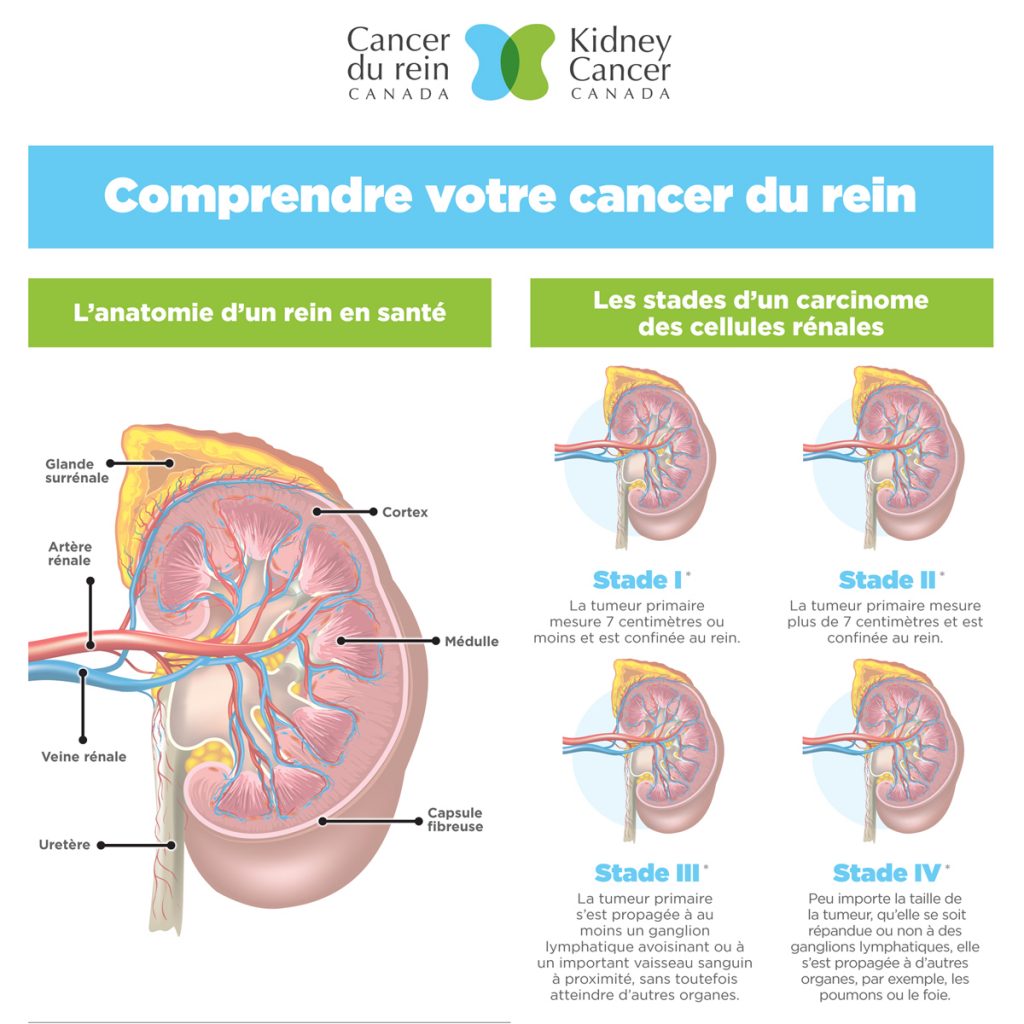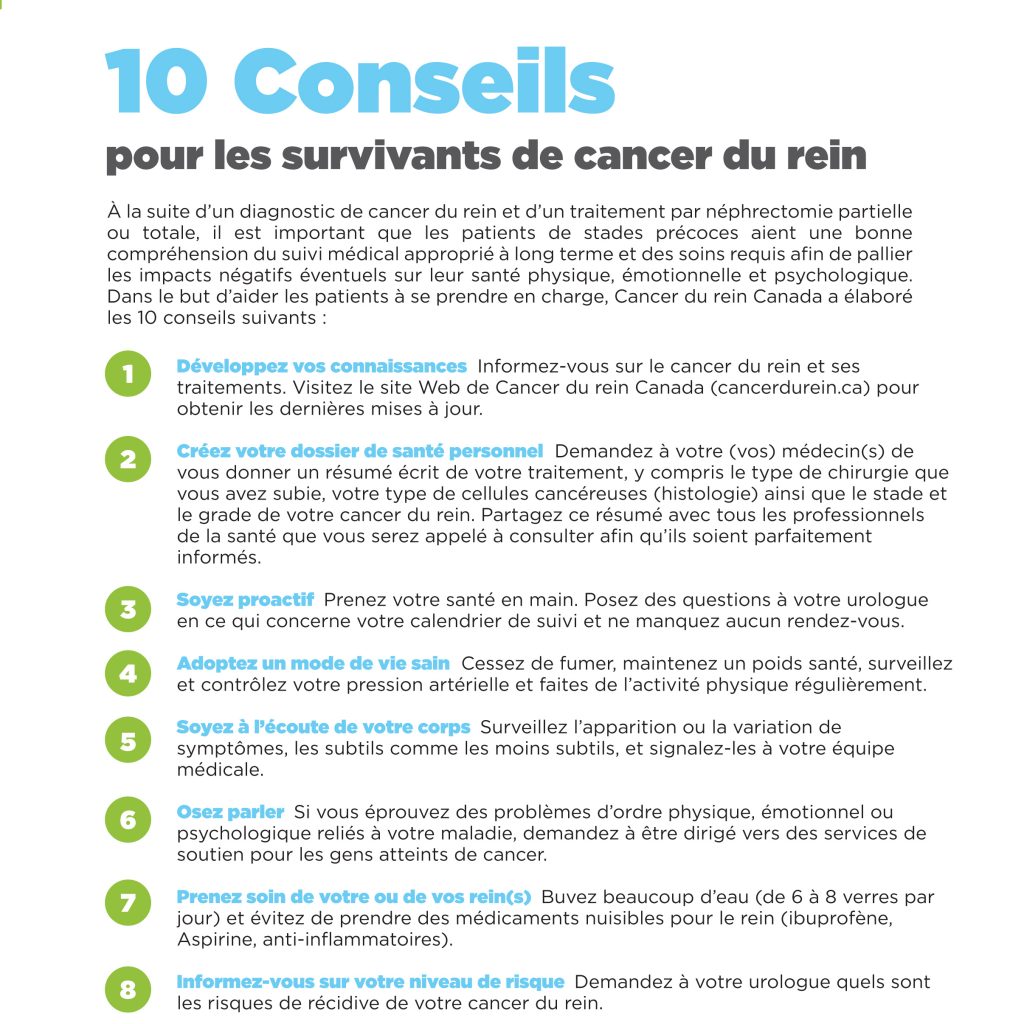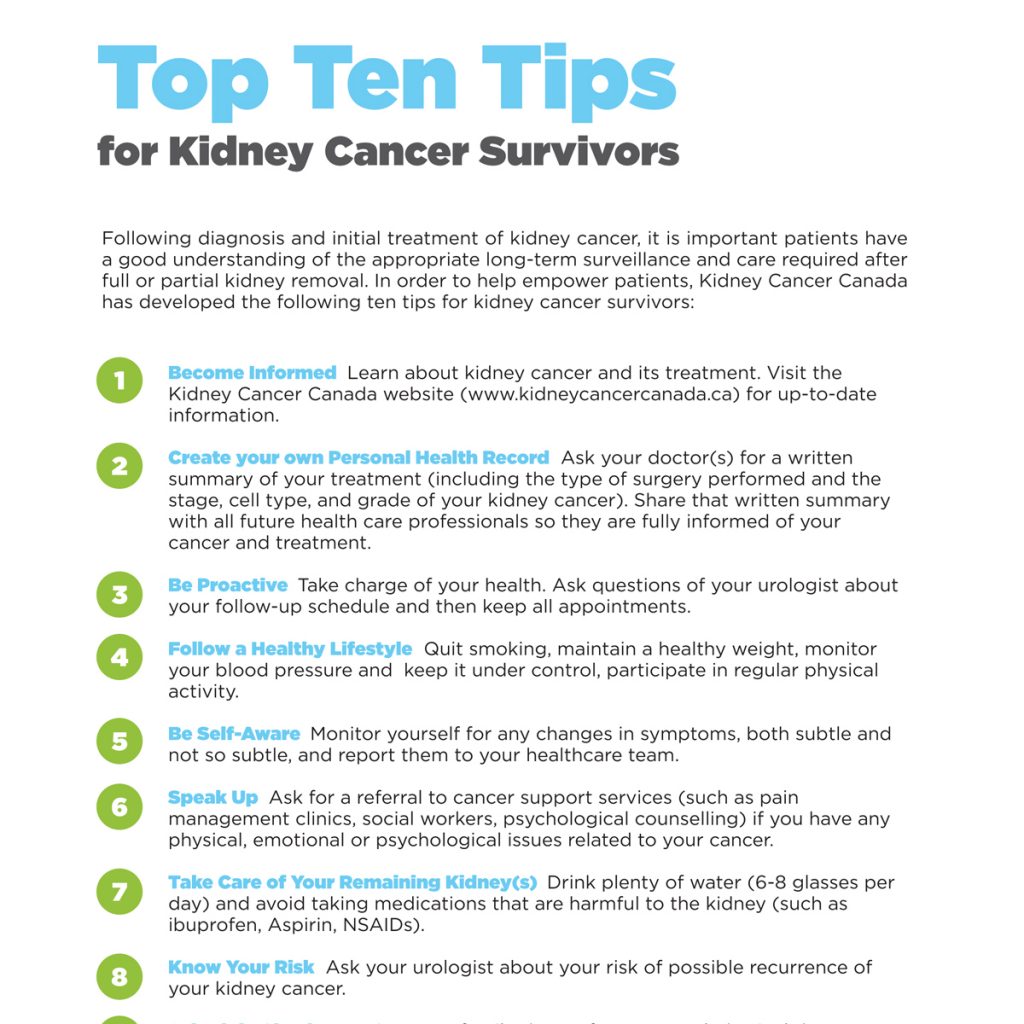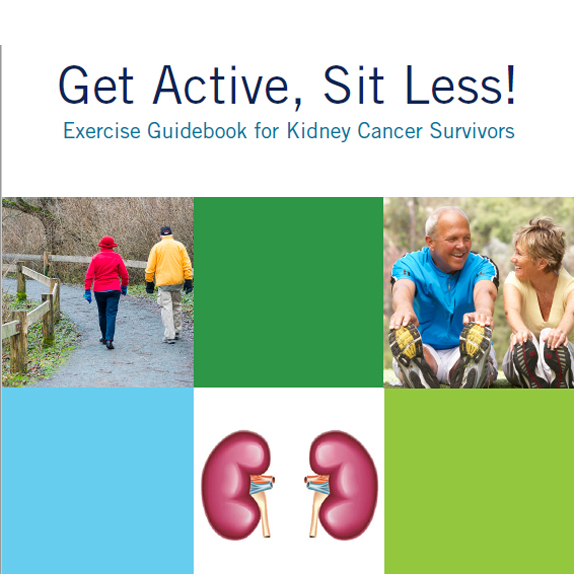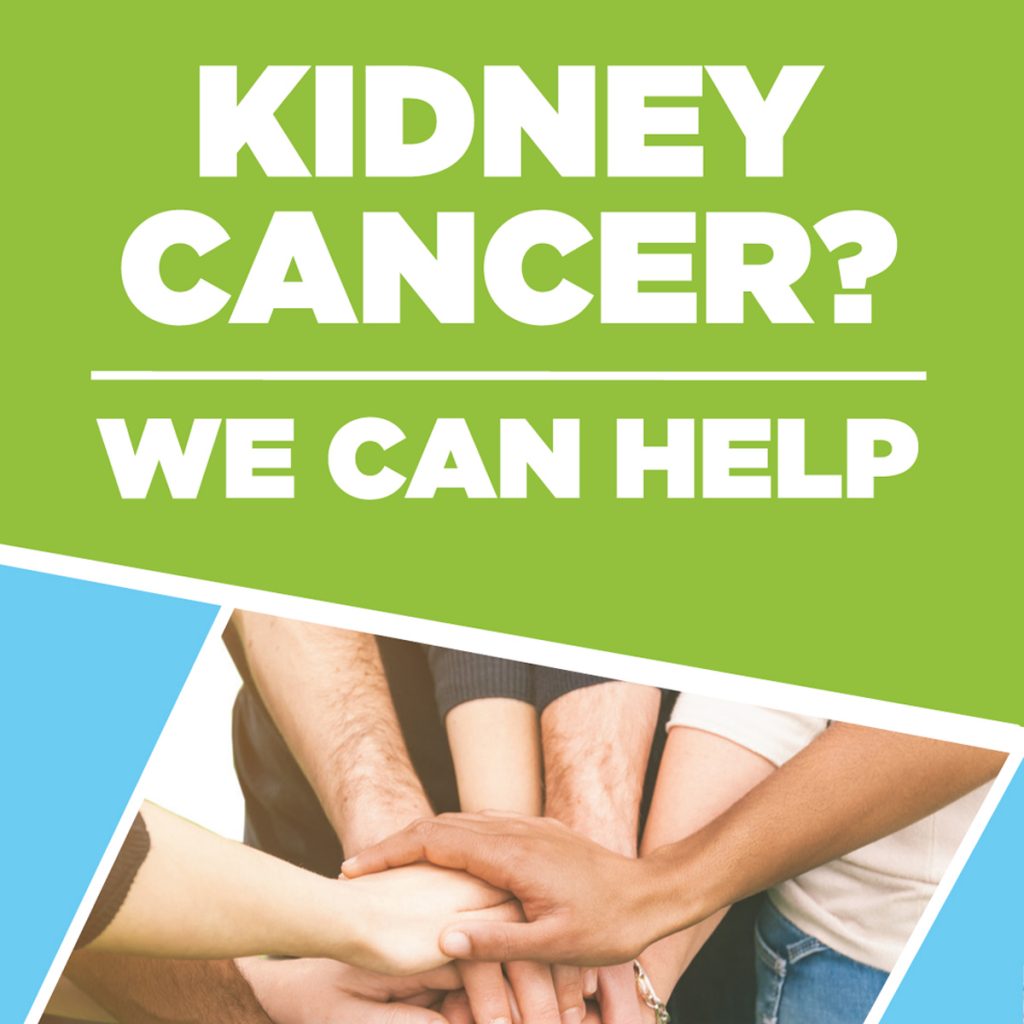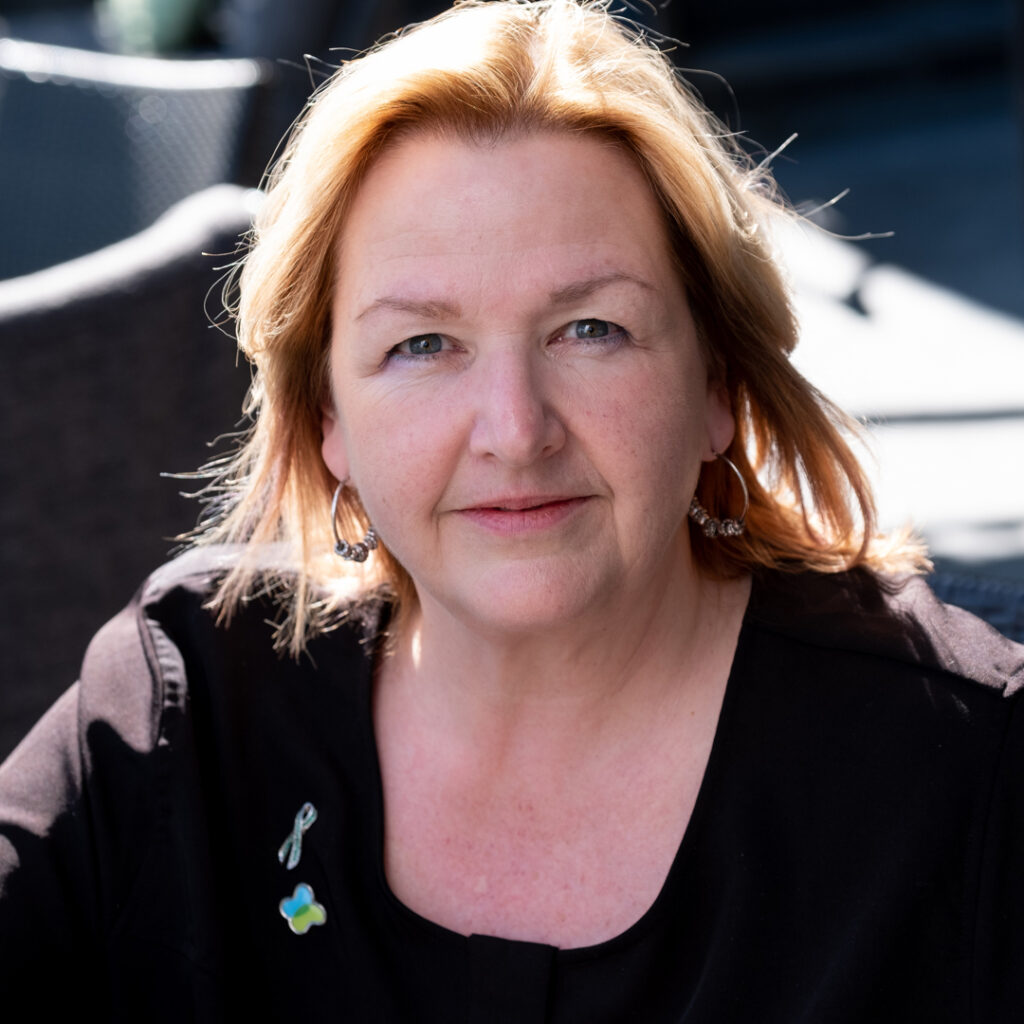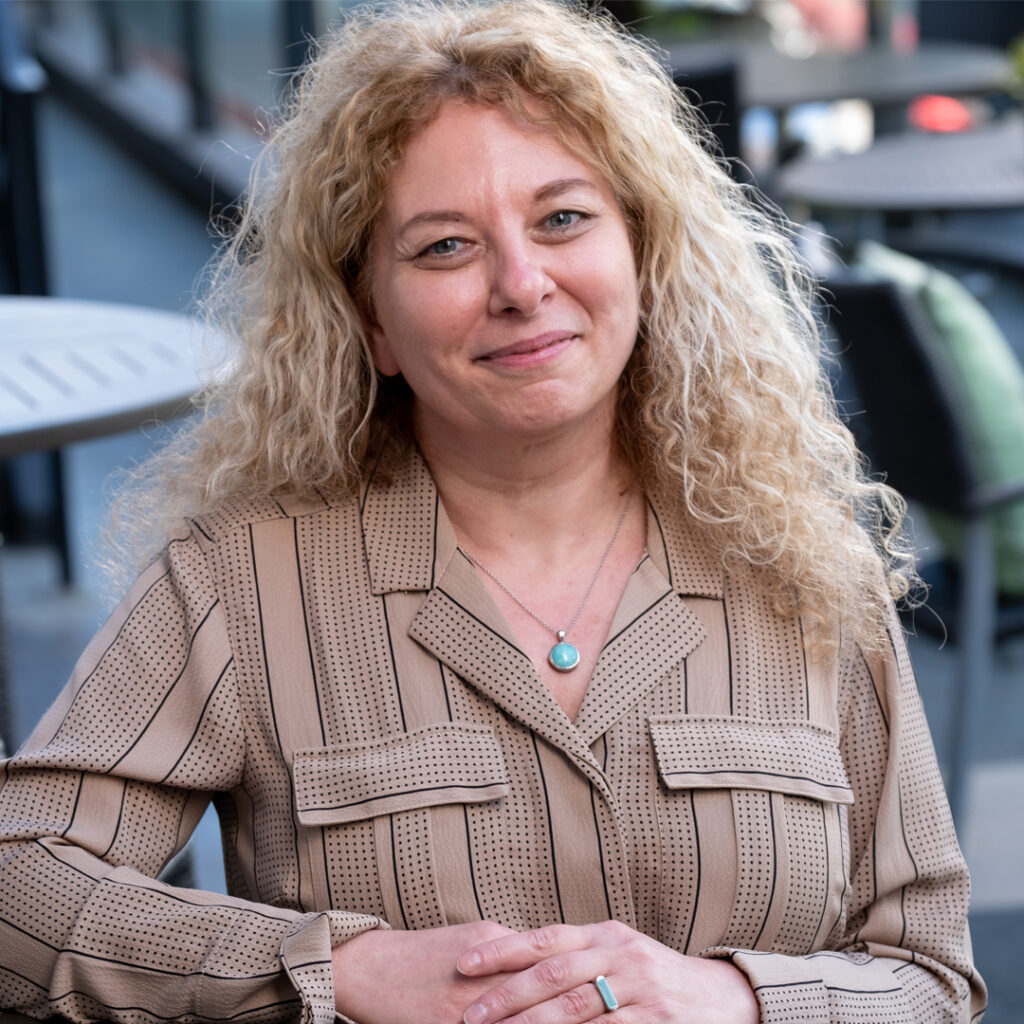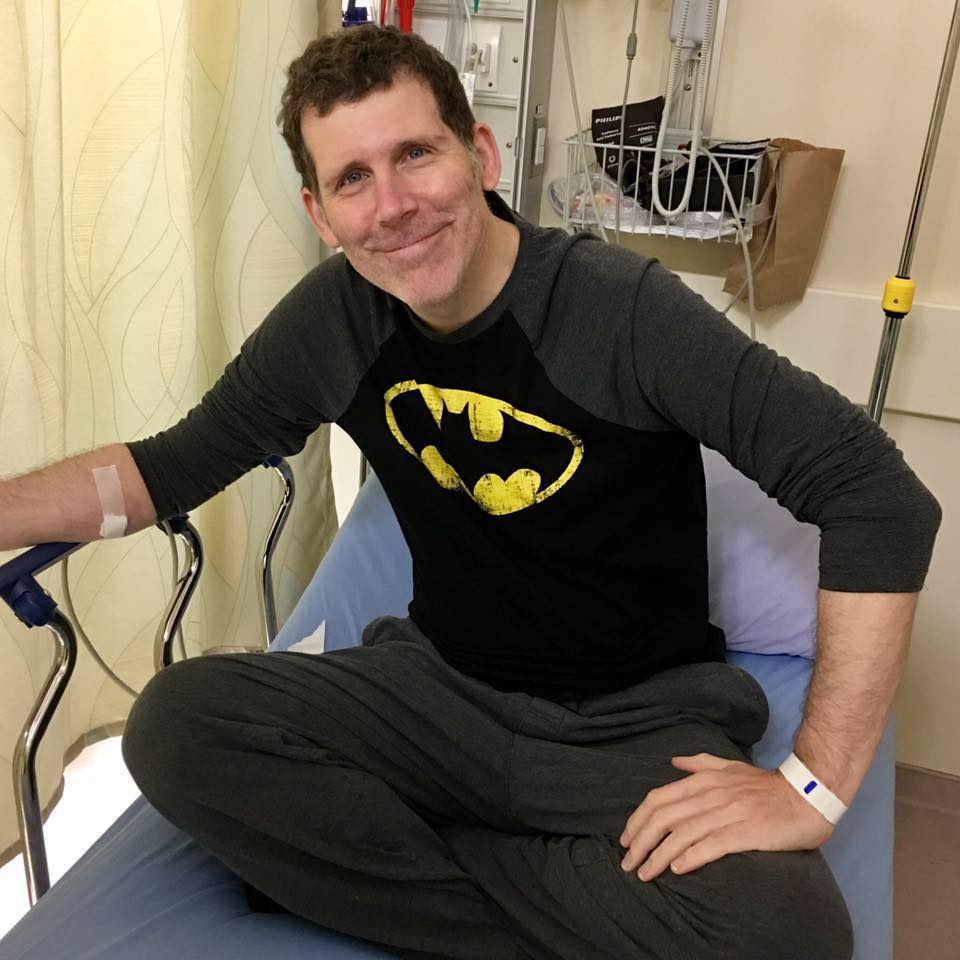
– – – – –
One of the hardest things to accept about cancer is that I am no longer a Tough Guy. Not that I was ever big and strong, looking for phonebooks to tear in half, but I used to be fit, and was afraid of nothing. Now I’m eighty pounds lighter than before cancer. I use a walker, and I can fall over with a good gust of wind. But I have a hard time accepting this fact, and I try to push myself. Seeing this, my wife, Isabel, often offers to help me, to do things for me. And sometimes I feel emasculated, when she offers to carry something really heavy, like a glass of milk. Actually, the reason she prefers to carry my beverages is that I often spill them while in transit. It still makes me feel useless, though.
– – – – –
I was at the Juravinski Cancer Centre, in the chemo suite, awaiting my immunotherapy treatment. Someone just rang a bell, and the whole place erupted in applause, with hoots and hollers. It’s my job to make sure I cheer more loudly than anyone. The bell is mounted on a plaque near the entranceway. It is to be rung by someone who has just had his/her final cancer treatment. I can’t wait until it’s my turn to ring that bell. One day.
In the meantime, I focus my energies on brightening the day for those around me, people who are also there to receive or administer treatments. I usually talk it up with the person on either side of my chair. And I sometimes get to have a short chat with the pretty raven-haired lady who empties the waste buckets in the unit. She calls me “yous guyses” even if I’m on my own. I love it.
The very first time I’d arrived here for my treatment, I asked the nurse if she knew how long it would take. She estimated it to be about an hour and a half. This surprised me. Although I’d had no experience here, no basis of comparison, I kind of thought it would all take around twenty minutes. I of course did not complain, not to the nurse, not to the ceiling. But a slight stream of exasperation must have slid across my face. I looked at the chair to my right, and the patient receiving his chemo was a young man in his twenties. He was asleep, and his mother sat by his side. She looked at me and said, ever so kindly, “My son comes here twice a week. And his infusion time is four hours.” I dropped my jaw, and inwardly readjusted my attitude.
– – – – –
My roommate in the oncology ward was a man in his 60s named Bert. He was having a very hard time with things. I didn’t ask him what his ailment was, but he was very grumpy to everyone who waited on him. He eventually picked up on the fact that the staff appeared to be giving me better treatment.
“Hey you,” he started. “What the hell is wrong with me? The nurses seem to like you better.” I explained that I showed gratitude for every person who entered our room. I went out of my way to try and make things pleasant for every nurse, medical student, orderly—including the people who bring me food or empty the garbage pail. It only takes a few moments to engage someone, ask about his/her day, etc. Before long, I knew everyone’s names. In some cases, I learned about their spouses, boyfriends and girlfriends, their kids, their music preferences, and so on.
To his credit, Bert decided to try and take a page from my playbook. He was actually very funny. I heard him buzz the nursing station asking for some water.
“Please,” I said to him.
“What?” he asked.
“You forgot to say please. Call her back.” So he did. I continued, “When she gets here with your water, ask her how her day is going, or tell her she looks nice in her outfit.”
Bert was confused. “But I don’t care how her day is going. She has a job to do.”
“Well, just try it, and see what happens.”
The nurse arrived with Bert’s water. He took it and said to her, “You look hot in them pants.” Without replying or reacting, the nurse left his water and took her leave. Bert grinned at me. “When does the great treatment start?” he asked.
– – – – –
I was very dizzy, due to my opioids. For some reason, I figured that this was to be my last day on Earth. As Isabel helped me into bed, I told her matter-of-factly that I was dying.
Came the loving reply: “No, you’re not. Let’s get you into your bedclothes.”
But all evening, I insisted that this was it for me. I was surprisingly calm about the prospect. Isabel wasn’t so sure, and she actually smiled at me for a while. “Time to go to sleep; I’ll see you in the morning.”
“I hope so.”
It turned out that she was right.
© 2019 Steve Parton


